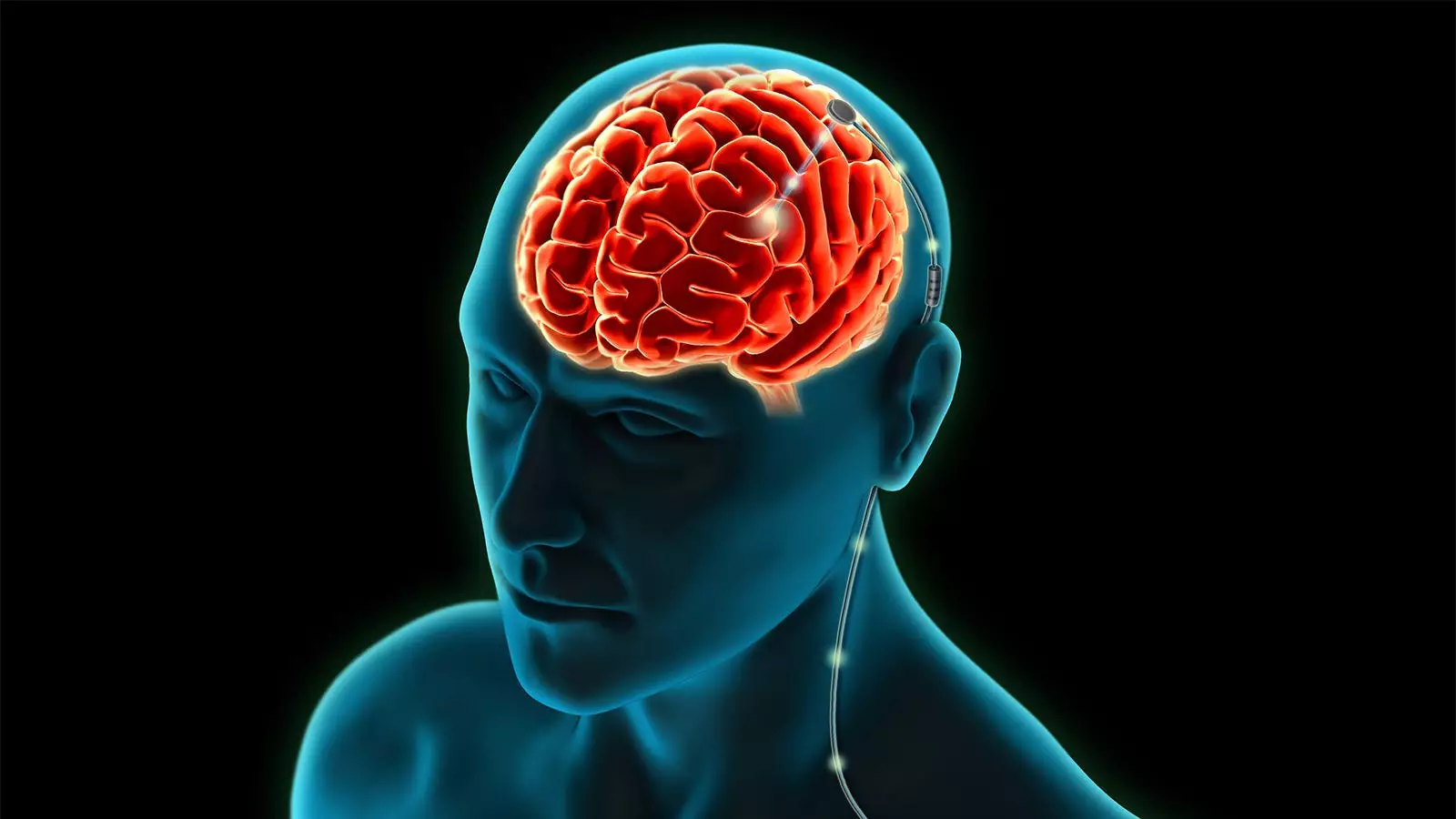The use of adaptive deep-brain stimulation (DBS) in a recent pilot study has shown promising results in improving motor symptoms in patients with Parkinson’s disease. This innovative approach, which utilizes personalized neural signals, was found to reduce the duration of symptoms by approximately 50% compared to conventional DBS methods. The study, although small in scale, lays the groundwork for larger clinical trials to further explore the efficacy of adaptive DBS in treating Parkinson’s disease.
The adaptive DBS system used in the study was designed to sense Parkinson’s symptoms before they manifested and adjust the stimulation parameters accordingly to prevent the symptoms from occurring. This personalized approach is a significant departure from conventional DBS methods, which deliver constant stimulation and do not take into account the patient’s activity or symptoms. By tailoring the stimulation to the individual’s needs in real-time, adaptive DBS has the potential to significantly enhance the quality of life for patients living with Parkinson’s disease.
In the pilot study, patients with Parkinson’s disease who received adaptive DBS reported a notable improvement in the percentage of awake time experiencing their most bothersome symptoms, such as involuntary movements or difficulty initiating movement. Moreover, the effects on both the bothersome symptoms and the opposite symptoms were found to be stable over time. Adaptive DBS also demonstrated an improvement in patient-reported quality of life compared to conventional DBS methods.
The study’s findings suggest that adaptive DBS has the potential to revolutionize the treatment of Parkinson’s disease by providing personalized, real-time symptom management. The ability to dynamically adjust the stimulation parameters based on neural signals represents a significant advancement in DBS technology and offers new hope for patients struggling with motor symptoms.
While the results of the pilot study are promising, it is essential to acknowledge the limitations of the research, including the small sample size and the early stage of the findings. However, the study provides a solid foundation for conducting larger clinical trials to evaluate the effectiveness of personalized adaptive neurostimulation in Parkinson’s disease and other neurologic disorders.
Adaptive deep-brain stimulation using personalized neural signals holds great promise for improving the quality of life for patients with Parkinson’s disease. By incorporating real-time symptom management and personalized treatment approaches, adaptive DBS represents a significant advancement in the field of neurostimulation. As further research and development are conducted, the widespread implementation of adaptive DBS could potentially transform the landscape of Parkinson’s treatment and offer new opportunities for patients and healthcare providers alike.


Leave a Reply